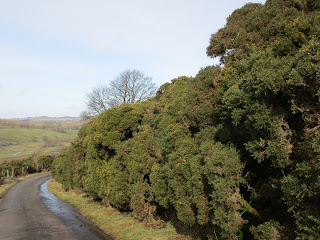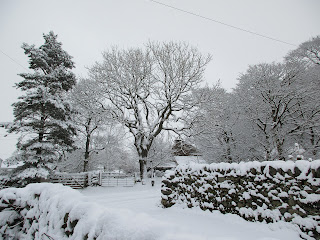What the Romans did for you!

Whilst walking our local lanes I became fascinated by the slowly emerging plants peering through the cold February soil. The foxglove (Digitalis purperea) is suddenly evident as is the Greater celandine (Chelidonum majus). The Gorse (Ulex europaeus) is springing to life too. The bright yellow pea shaped flower is beginning to stand out against spikey, evergreen leaves. The Gorse is the only native to the United Kingdom. As I wander the lanes this week I think about all the plants that have been introduced. The topography of this country has been greatly affected by imported plants, trees, animals and insects. Foxgloves emerging from the damp winter soil The Babylonians were famous for their hanging gardens; the Egyptians had gardens as a courtyard with the house built around the edge; the Greeks introduced public parks and roof gardening in clay pots. The Greeks grew roses and the ancient Egyptians offered the roses to their Gods but it was the Romans who adored them in a


